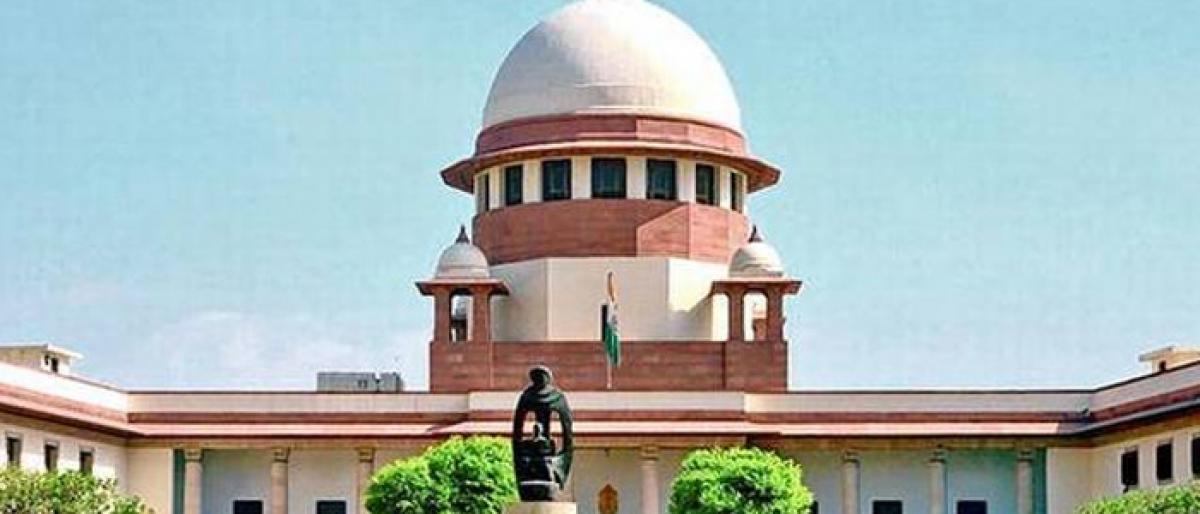Live
- PKL Season 11: Bengal Warriorz, U Mumba play out first tie of season in a thrilling clash
- Waqf land row: Cong govt’s conspiracy aimed at displacing farmers in K’taka’s Vijayapura dist, says BJP
- Maha polls: BJP's Lodha, Shiv Sena's Sarnaik, Assembly Speaker Narwekar top rich candidates list
- AIIMS Bhopal holds brainstorming session on diagnosis, treatment of blood cancer in children
- Rajasthan CM Bhajan Lal Sharma inaugurates renovated Terminal-1 of Jaipur airport
- PM Modi, Spanish counterpart to launch C-295 aircraft facility in Vadodara on Monday
- Assam CM blames Congress 'goons' for BJP worker's death in pre-poll violence
- 238,000 stimulant tablets seized in Myanmar
- Nationalist Congress Party-SP, Shiv Sena-UBT name more candidates for Maha polls
- BJP announces second list of 22 nominees for Nov 20 Maharashtra polls









